
EU4Energy: Strengthening the legal framework in energy in the Eastern Partnership
A robust legislative and regulatory framework is vital for the development of a sustainable energy sector. With funding from the European Union, the Energy Charter Secretariat is bringing recommendations and best practice to Armenia, Azerbaijan and Belarus.
The work is part of the EU4Energy Initiative, which covers European Union support to improve energy supply, security and connectivity, energy efficiency and the use of renewables in the six Eastern Partner countries. Several international organisations are working closely with Ministries of Energy and other relevant stakeholders in the region to implement projects under this Initiative. One of these is the Energy Charter Secretariat, which is working to strengthen legislative and regulatory frameworks, drafting policy recommendations, and helping identify investment opportunities in key strategic energy infrastructure projects.
Helping partner countries to increase energy efficiency
The Energy Charter works with Armenia, Azerbaijan and Belarus to strengthen their legislative capacities, a fundamental prerequisite for sustainable energy policies. Only then can countries become less energy dependent, reduce pollution, and achieve energy savings for citizens and businesses.
“Our job on the ground is to look at what each country is doing in this respect, identify where the gaps are, and then offer policy recommendations to encourage change,” explains project manager Bilyana Chobanova. “With the funding under the EU4Energy Initiative, we work with the three countries to implement these recommendations in practice. And of course, it’s worth pointing out that each country’s needs are different.”
The benefits of working together towards regulatory changes are felt at the local level. Measures being put forward are designed to reduce dependency on fossil fuels, improve energy supply security and allow countries to contribute more actively to climate change mitigation. On average, economies in partner countries are three times more energy-intensive than in EU Member States, so the potential for improvement is there.
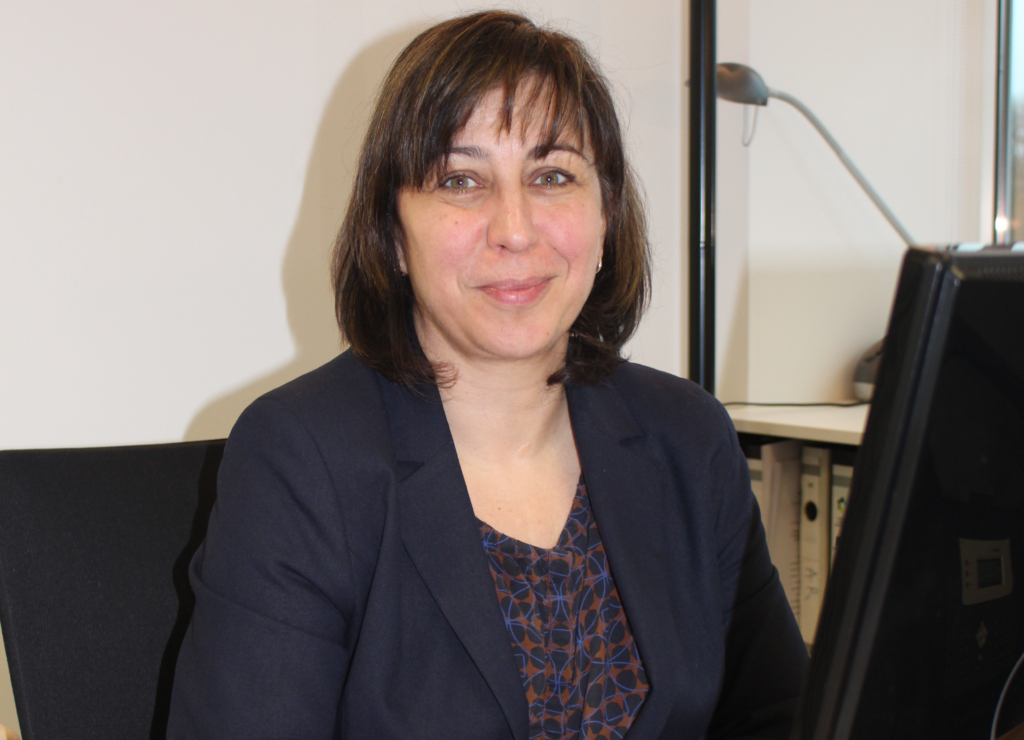 Bilyana Chobanova, EU4Energy Project Manager
Bilyana Chobanova, EU4Energy Project Manager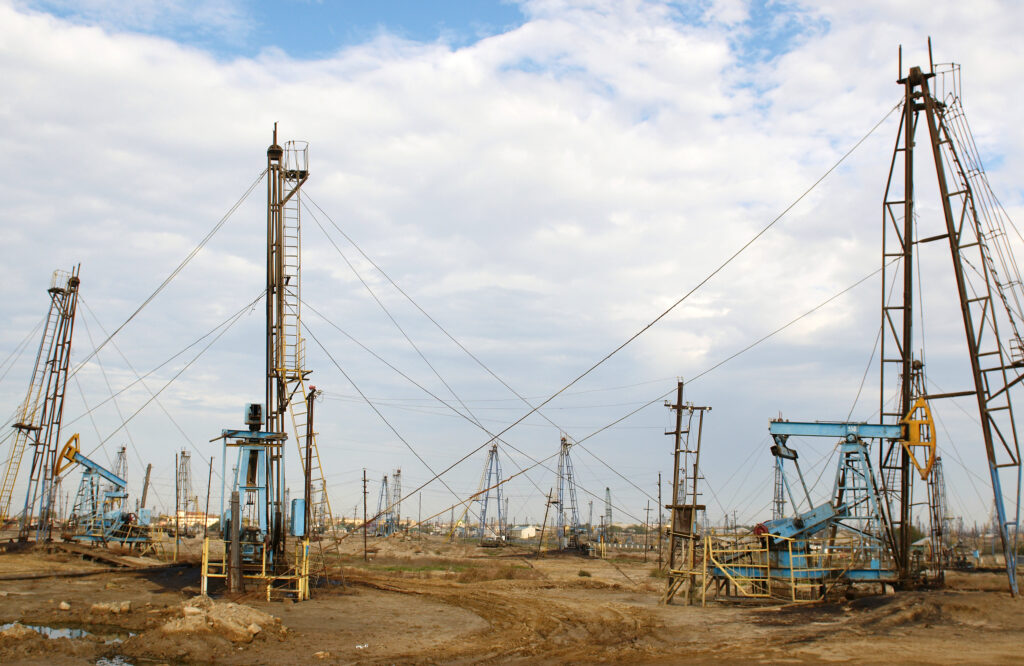 Oil pumps and rigs at the field by Caspian sea near Baku, Azerbaijan. Shutterstock photo
Oil pumps and rigs at the field by Caspian sea near Baku, Azerbaijan. Shutterstock photo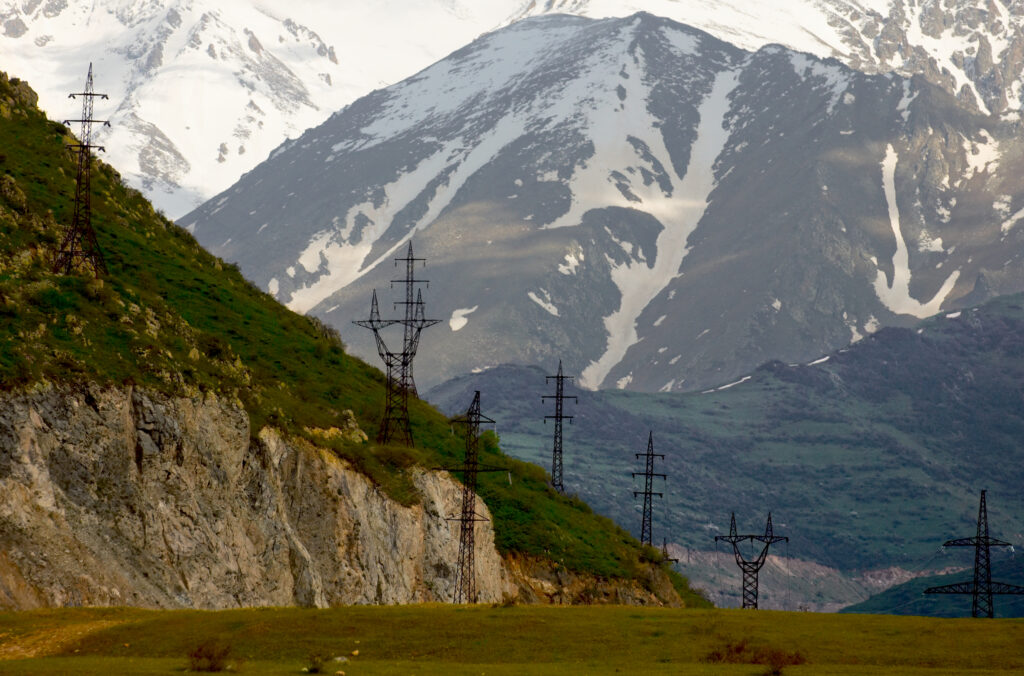 High voltage electricity lines in Armenia. Shutterstock photo
High voltage electricity lines in Armenia. Shutterstock photo
Putting policy into action for the benefits of all
During the first year of operation, the Energy Charter has worked closely with local governments and stakeholders to assess the state of play in terms of energy security and sustainability. Initial proposals have already been sent to the Ministries of Energy in each of the three countries. “They then came to us with their proposals, and we sat down to discuss the recommendations for the first year of the programme,” says Chobanova. “We’ve put together work programmes tailored to each of the three countries, based on their input and the resources available.”
Belarus for example is keen to undertake electricity market reform, improve the predictability of investments in the energy sector and further scale up investments in energy efficiency. The country aims to align its policies with EU best practice in order to achieve energy efficiencies and ultimately benefit consumers through lower energy costs and more performant buildings.
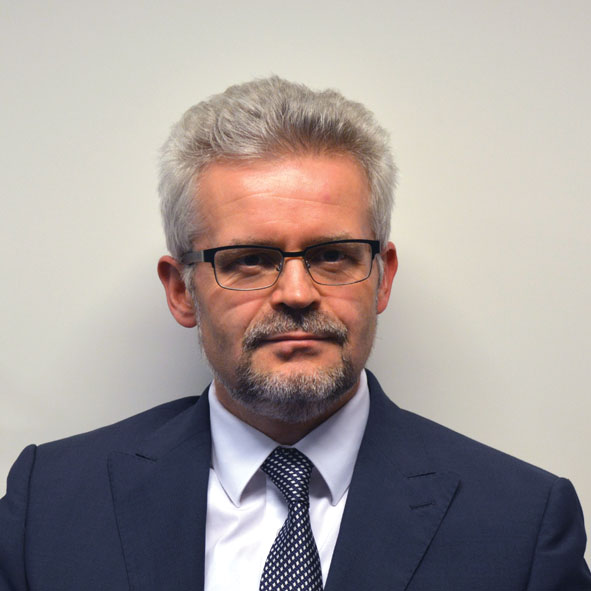 Dr. Urban Rusnák, Secretary General of the Energy Charter Secretariat
Dr. Urban Rusnák, Secretary General of the Energy Charter Secretariat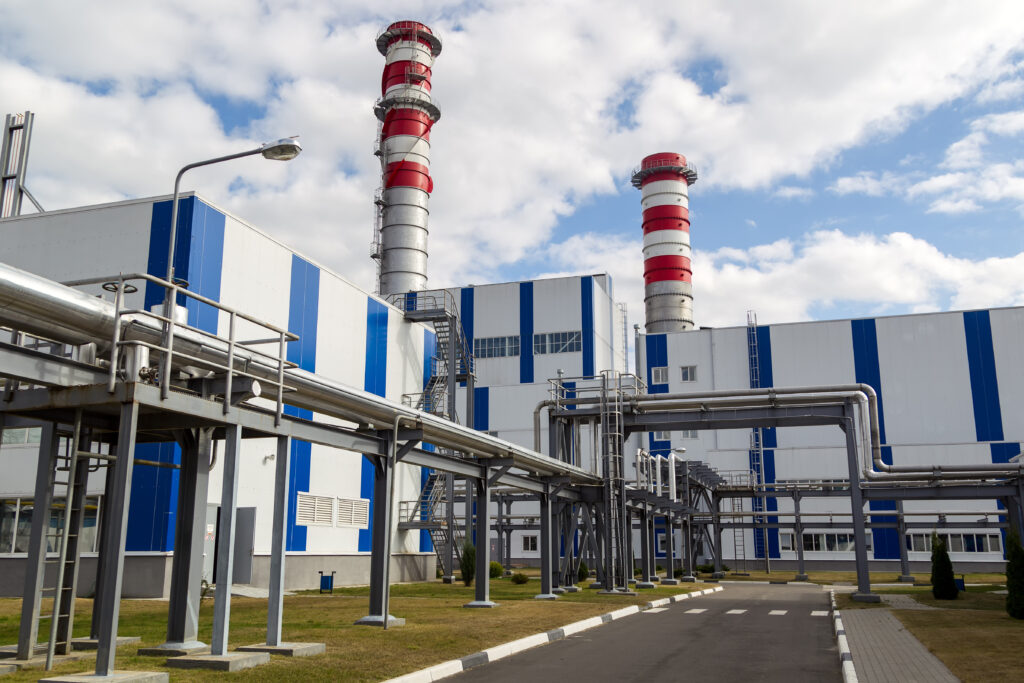 The new power unit at Berezovskaya thermal power plant in Belarus. Shutterstock photo. Credit: Andrei Rybachuk
The new power unit at Berezovskaya thermal power plant in Belarus. Shutterstock photo. Credit: Andrei Rybachuk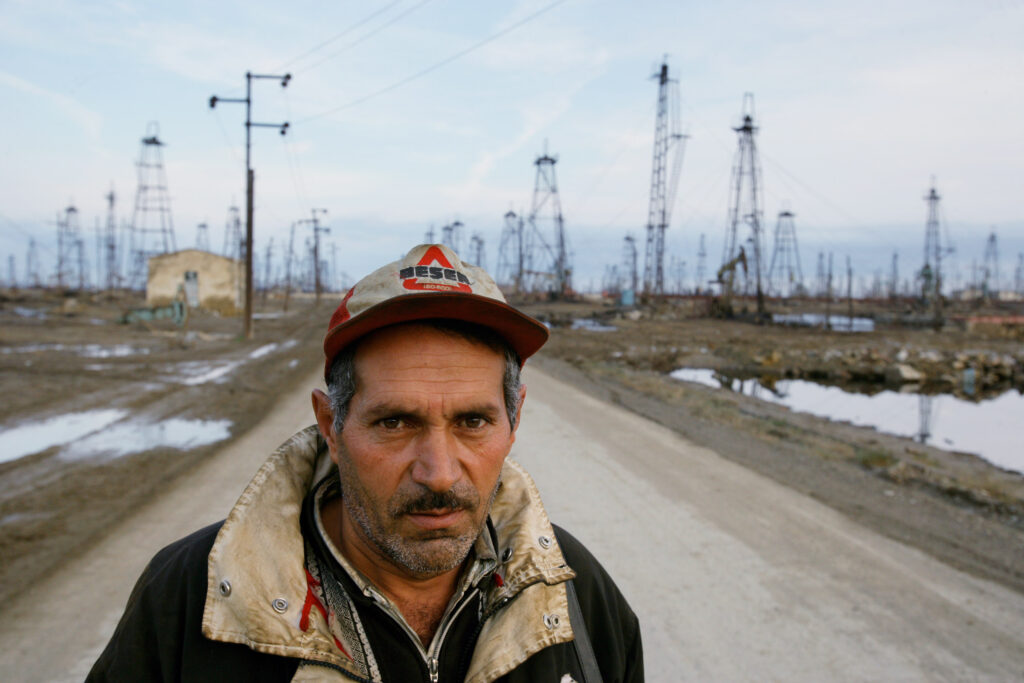 Oil field near Baku, Azerbaijan. Shutterstock photo. Credit: Northfoto
Oil field near Baku, Azerbaijan. Shutterstock photo. Credit: Northfoto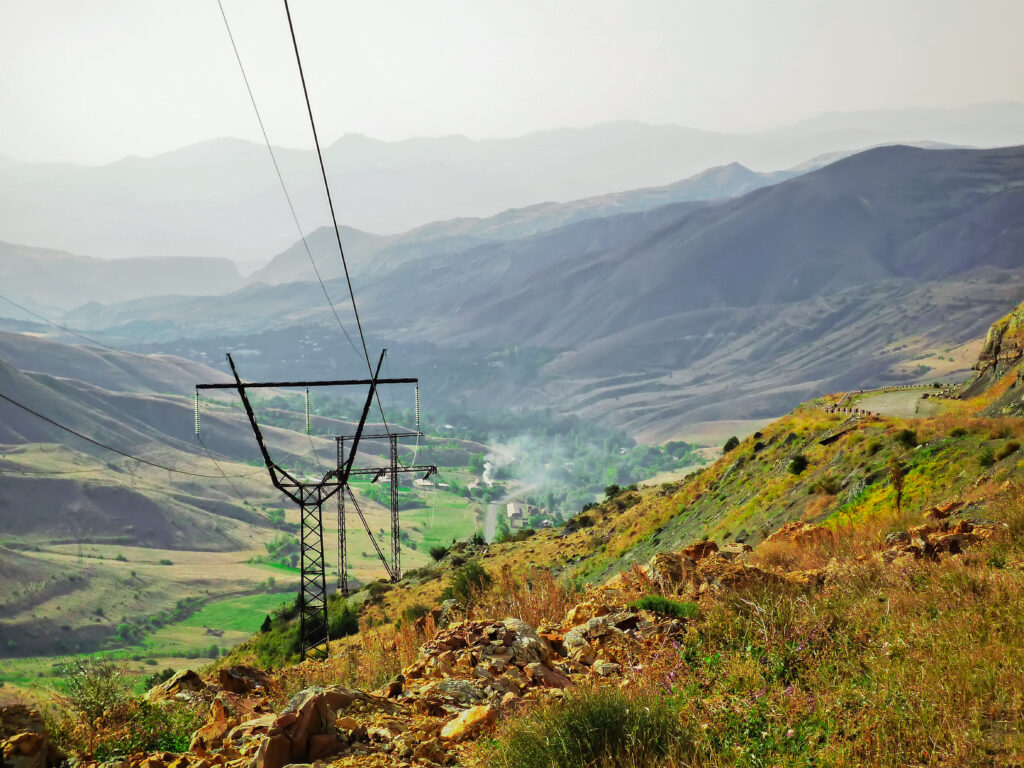 Armenia. Shutterstock photo
Armenia. Shutterstock photo
“What we’re doing is supporting them in identifying best practice, providing recommendations and then following these up,” says Chobanova. A taskforce has been set up to identify ways of scaling up investments to upgrade the electricity sector. This is chaired by the Deputy Minister of Energy and includes representatives from different ministries. From this, a road map will be developed that identifies ways of increasing levels of investment.
Azerbaijan is developing legislation on energy efficiency and energy savings. The Energy Charter supports the country in in drafting legislation and supports the setting up of an independent energy regulatory authority.
Armenia is interested in putting in place energy efficiency measures for buildings and developing guidelines for enforcing minimum energy performance requirements. “We are also assessing the potential benefits of introducing energy efficiency requirements for products like home appliances,” says Chobanova. Armenia also wants to improve the predictability of the investment climate.
What the future holds
Substantial governance reform will lead to more sustainable and cost-effective projects that benefit society, such as urban infrastructure developments and renewable energy investment. “We have very good relations at the working level and at the high level,” says Chobanova. “Active participation in meetings shows that potential for progress is there.”
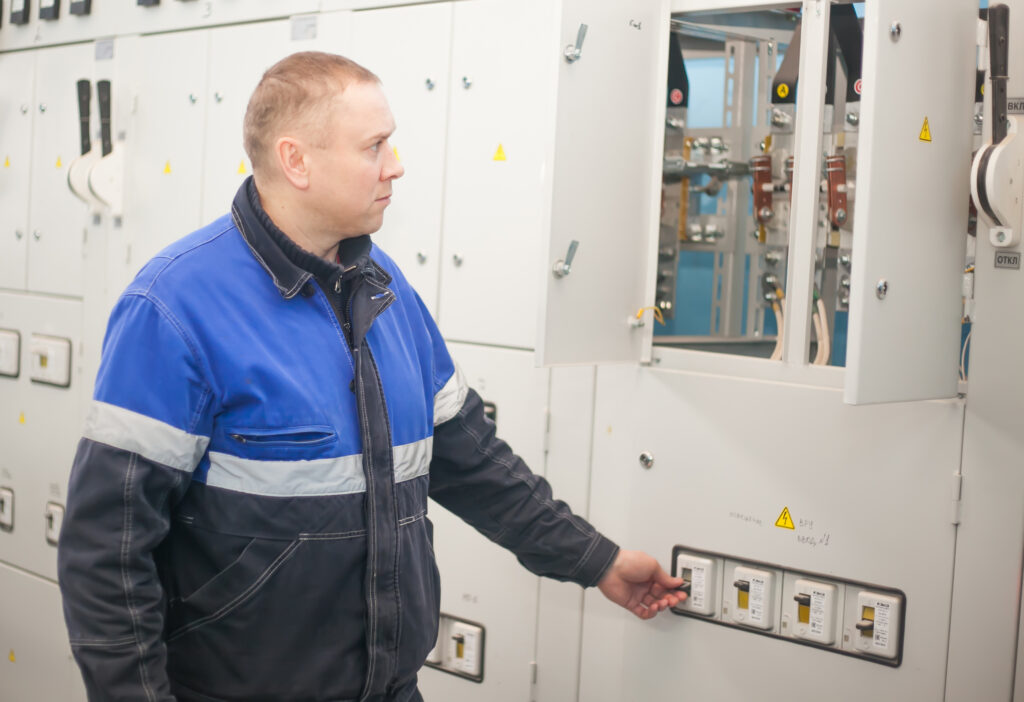 Professional electrician in Belarus. Shutterstock photo. Credit: ASA studio
Professional electrician in Belarus. Shutterstock photo. Credit: ASA studio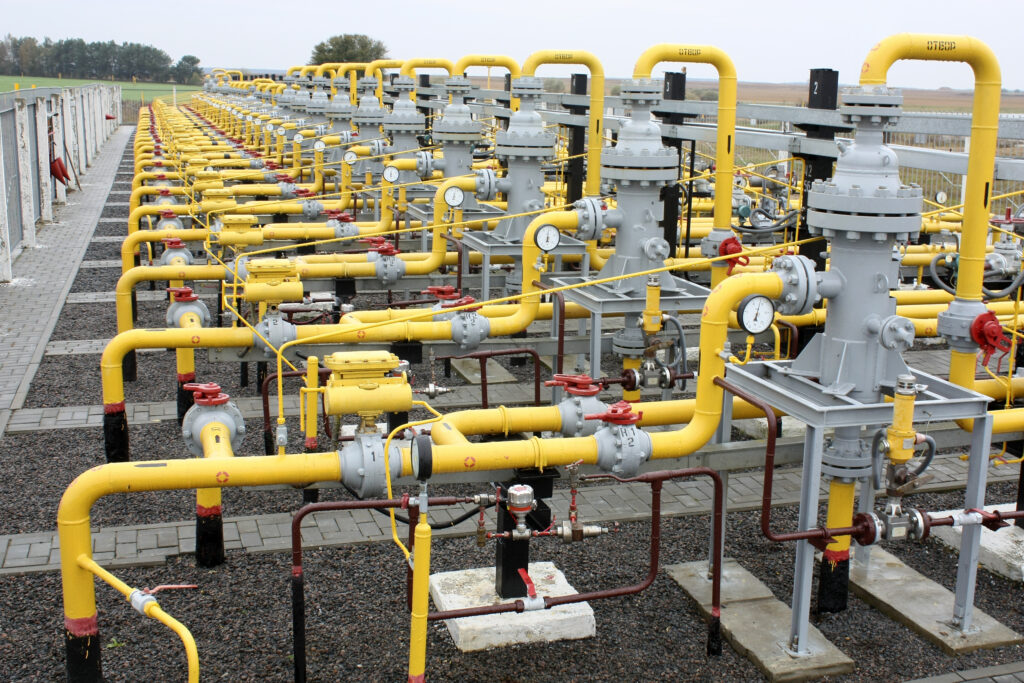 Gas pipeline in Belarus. Shutterstock photo
Gas pipeline in Belarus. Shutterstock photo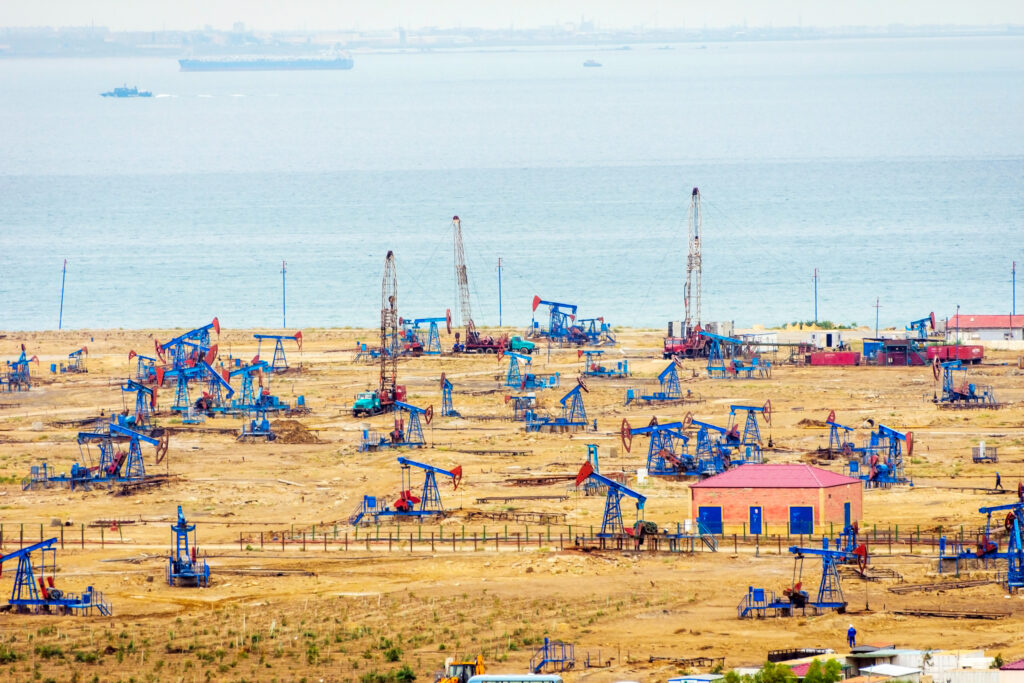 Oil pumps near Baku, Azerbaijan. Shutterstock photo
Oil pumps near Baku, Azerbaijan. Shutterstock photo
Next steps include recommendations for follow-up actions. High level policy roundtables will take place in each country. “This is an ongoing process and we also involve civil society, business associations as well as donors and international financial institutions,” says Chobanova. “We make sure there is no overlap with what other donors and international financial institutions are doing in these countries, and seek to establish synergies and stronger cooperation.”
MOST READ
SEE ALSO

No, time is not on Russia‘s side

Great opportunities even if you have no money: what the EU offers Belarusian teachers and students
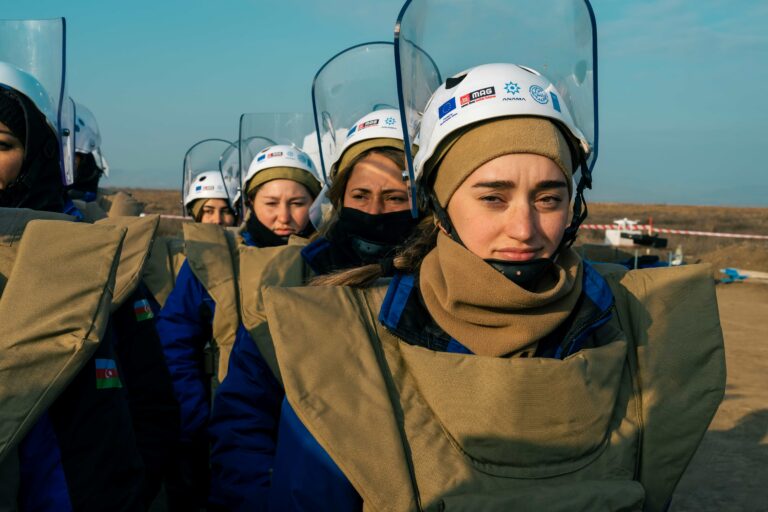
I have no regrets: the Azerbaijani women trained to clear mines
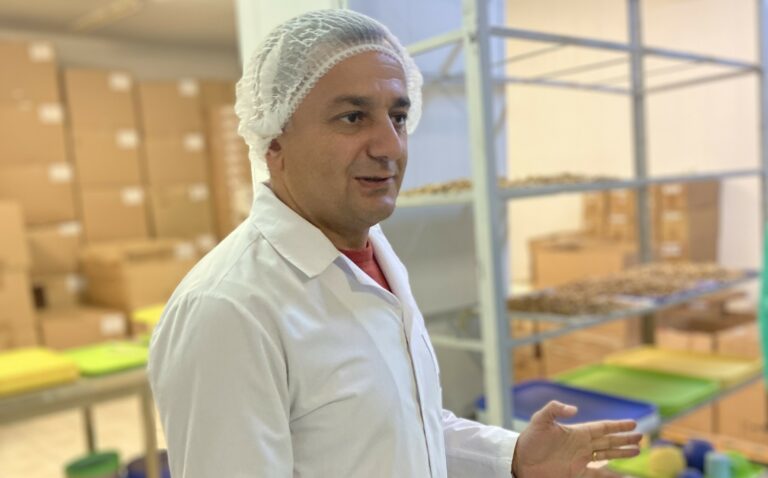
Sweet smell of chocolate
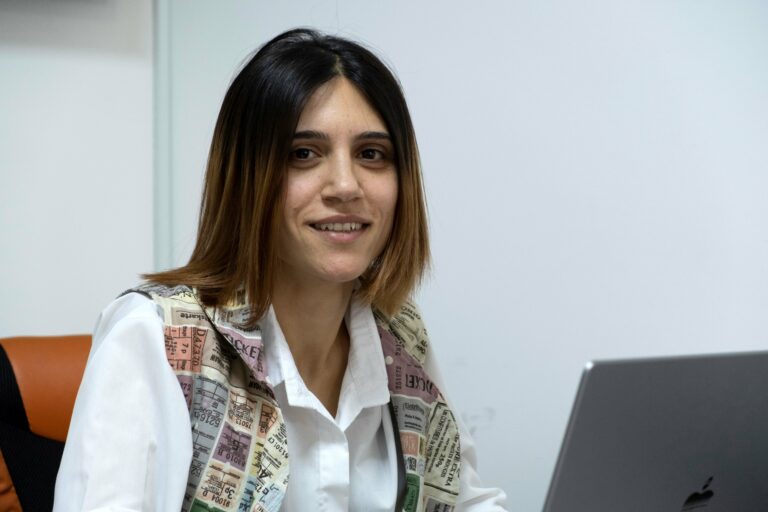
‘Be yourself, and always move forward’: Meri’s advice to young women in business
More campaign pages:
Interested in the latest news and opportunities?
This website is managed by the EU-funded Regional Communication Programme for the Eastern Neighbourhood ('EU NEIGHBOURS east’), which complements and supports the communication of the Delegations of the European Union in the Eastern partner countries, and works under the guidance of the European Commission’s Directorate-General for Neighbourhood Policy and Enlargement Negotiations, and the European External Action Service. EU NEIGHBOURS east is implemented by a GOPA PACE-led consortium. It is part of the larger Neighbourhood Communication Programme (2020-2024) for the EU's Eastern and Southern Neighbourhood, which also includes 'EU NEIGHBOURS south’ project that runs the EU Neighbours portal.

The information on this site is subject to a Disclaimer and Protection of personal data. © European Union,







